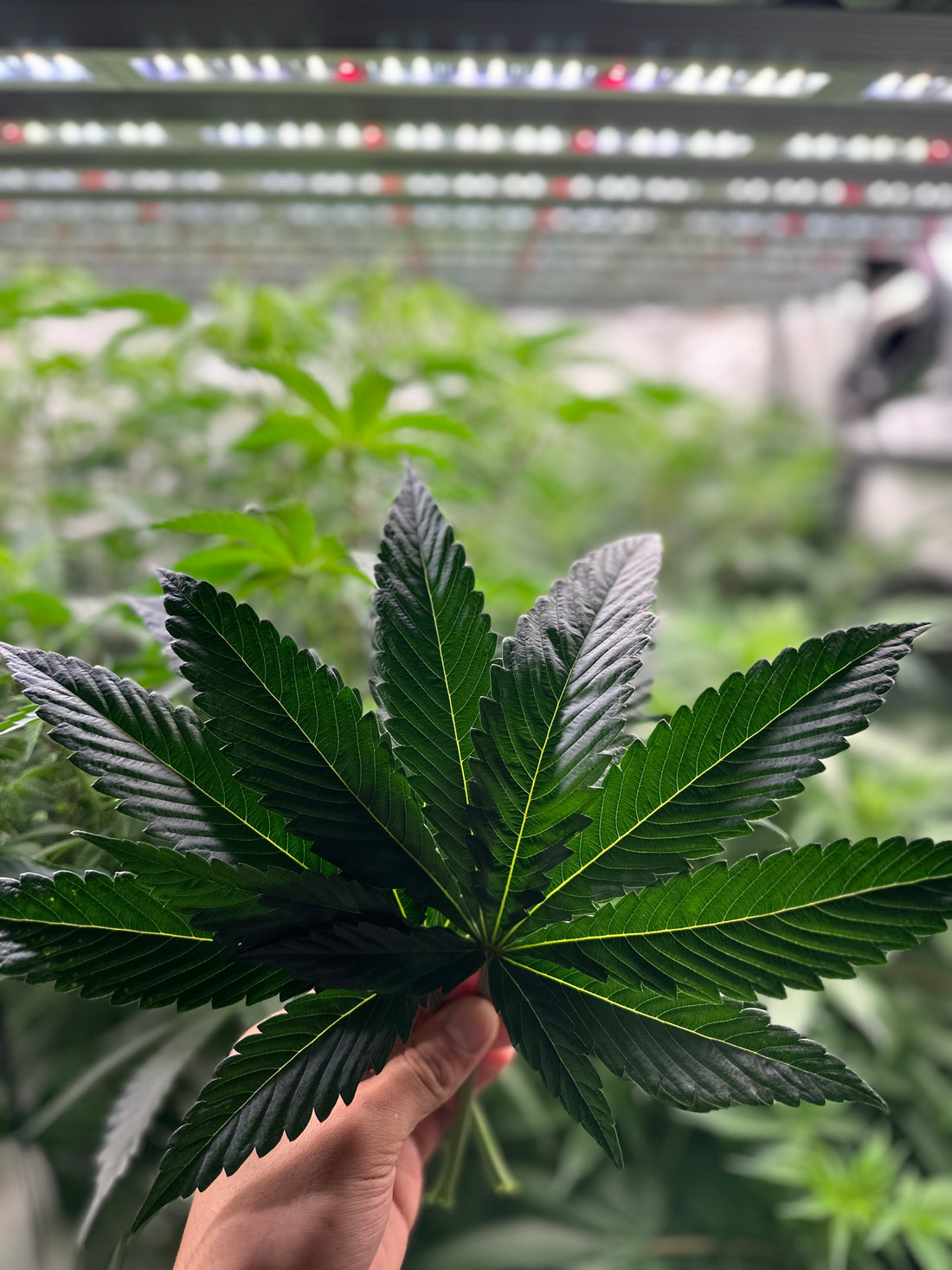
Maximizing Crop Yields: How Tissue Culture is Revolutionizing Agriculture
Share
In the ever-evolving world of agriculture, the pursuit of maximizing crop yields has been a constant challenge for farmers and researchers alike. However, a revolutionary technique known as tissue culture is poised to transform the way we approach agricultural production. At the forefront of this innovation is Desert Wave Genetics, a professional tissue culture lab in New Mexico that is specializing in cannabis but spanning across all of agriculture.
Tissue culture is a process that involves the cultivation of plant cells, tissues, or organs on a nutrient-rich medium, allowing for the rapid multiplication and propagation of desired traits. This method offers a range of advantages over traditional propagation techniques, including improved crop uniformity, the production of disease-free plantlets, and the ability to rapidly multiply specific genetic characteristics.
The impact of tissue culture on the agricultural industry is nothing short of transformative. By optimizing lighting conditions, efficient canopy management, and precise irrigation techniques, growers can now achieve unprecedented levels of dry weight production and overall yield. This is particularly evident in the cannabis industry, where tissue culture has become a game-changer, enabling cultivators to consistently produce high-quality, consistent products.
One of the key benefits of tissue culture is its ability to ensure crop uniformity. By starting with a single, genetically identical plantlet, growers can create a homogeneous crop that responds predictably to various growing conditions, such as lighting, irrigation, and nutrient management. This level of consistency not only simplifies the cultivation process but also allows for more efficient resource allocation and optimization.
Moreover, tissue culture provides a reliable method for producing disease-free plantlets. By starting with a clean, sterile environment and carefully monitoring the growth process, growers can minimize the risk of pathogen introduction and ensure the health and vigor of their crops. This, in turn, leads to higher yields and reduced losses due to disease outbreaks.
As the agricultural industry continues to evolve, the potential of tissue culture to revolutionize crop production is becoming increasingly evident. From optimizing lighting conditions to fine-tuning irrigation techniques, this innovative approach is empowering growers to maximize their yields and meet the growing demand for high-quality agricultural products.
The Advantages of Tissue Culture
Tissue culture offers a range of advantages that are transforming the way we approach agriculture:
Improved Crop Uniformity
By starting with a single, genetically identical plantlet, growers can create a homogeneous crop that responds predictably to various growing conditions.
Disease-free Plantlets
The sterile environment and careful monitoring of the tissue culture process ensures the production of healthy, pathogen-free plantlets.
Rapid Multiplication of Desired Traits
Tissue culture allows for the rapid propagation of specific genetic characteristics, enabling growers to scale up production of high-performing cultivars.
Maximizing Yields through Tissue Culture
The key to unlocking the full potential of tissue culture lies in the optimization of various growing factors. By carefully managing lighting, canopy, dry weight, and irrigation, growers can achieve unprecedented levels of crop yield and quality.
Optimizing Lighting Conditions
Precise control over lighting parameters, such as intensity, duration, and spectrum, can significantly impact plant growth and dry weight production.
Efficient Canopy Management
Careful management of the plant canopy, including pruning, training, and spacing, can maximize light penetration and optimize resource allocation.
Increasing Dry Weight Production
By fine-tuning irrigation, nutrient delivery, and other environmental factors, growers can optimize the dry weight of their crops, leading to higher yields.
Precise Irrigation Techniques
Implementing advanced irrigation systems and monitoring soil moisture levels can ensure efficient water usage and promote optimal plant growth.
The Future of Tissue Culture in Agriculture
As the agricultural industry continues to evolve, the potential of tissue culture to revolutionize crop production is becoming increasingly evident. With ongoing research and technological advancements, the future of this innovative technique holds immense promise for the continued improvement of agricultural yields and the sustainability of our food systems.